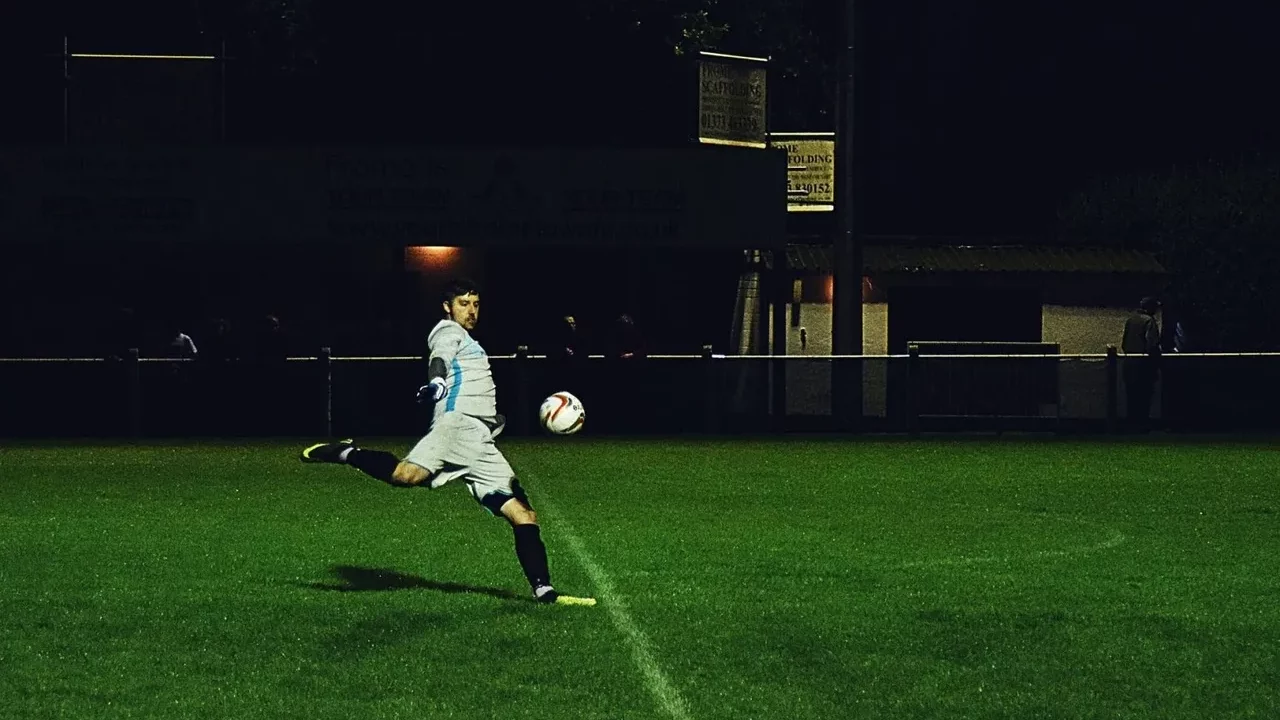The UK Government’s long-awaited review of the outdated 2005 Gambling Act is currently underway. A lot has changed in 16 years.
Words by Tom Fleming
Cast your mind back
The year is 2005. A wobbly-legged Jerzy Dudek has just emerged as the unlikeliest of unlikely heroes, as Steven Gerrard’s Liverpool triumphed in a nail-biting Champions League final penalty shootout after trailing 3-0 to AC Milan at half-time.
A fresh-faced José Mourinho has just won his second Premier League title in two seasons with Chelsea. The Football League is still known as the Coca Cola Football League. Mason Greenwood and Phil Foden will be turning four and five this year, respectively.
Away from football, Tony Blair is the Prime Minister of the United Kingdom and across the pond, George W. Bush has just won his second term as President of the United States. Prince Charles and Camilla Parker Bowles have just tied the knot.
YouTube has just been launched this year, following in the footsteps of Facebook last year; however, Twitter, Instagram and the first iPhone are but a twinkle in collective Silicon Valley eyes. Myspace, Bebo and the Motorola Razr V3 will have to do for now.
This is when the Gambling Act was created.
The Digital Age
To say a lot has changed since 2005 would be putting it lightly. Clearly, with specific regards to the digital landscape, mobile and internet technologies, the last 16 years have seen a period of unprecedented, exponential growth. The rise of new technology has undoubtedly brought many positives to our lives: our favourite takeaway dishes, music and even taxis and are never more than the touch of a button away.
How we consume football has also changed, providing fertile ground for gambling companies to advertise their harmful and addictive products to a wider audience. Sky Sports, for example, now tweets out free clips of goals, minutes after they have been scored, often accompanied by a gambling advert. In 2018, a GambleAware study found that that the gambling industry spent £747 million on direct online advertising, up from £376m in 2014. Of this, £149 million was spent on social media advertising.
The number of televised games has risen steadily since the Premier League’s inception in 1992. During the 2019/20 season, a record 245 games were broadcast live, compared to 138 in the 2004/5 season. The same GambleAware study found that the industry had increased its overall marketing spend by 56% since 2014, bringing it to a total of £1.4 billion in 2017 – seven times higher than the annual spend of Proctor & Gamble, the UK’s biggest single advertiser (at the time).
Exposure
With the increase in televised games then, comes an increase in exposure to gambling products – on the players’ shirts and stadium advertising boards– or via direct advertising during the commercial breaks.
Mobile technology has also led to a change in how people gamble. In-play betting, for example, allows people to gamble more money at a higher speed on a wider range of markets than ever before, and includes everything from corners awarded to yellow cards given out.
It’s no coincidence that in 2018, a Gambling Commission Study found that the number of children classed as having a gambling problem had risen by 400% in just two years, some of whom were not born when the Gambling Act was last reviewed.
Tragically, at least one person takes their own life every day in the UK as a result of their gambling addiction. That means we could’ve lost up to 6,000 people since the 2005 Gambling Act. How many of these deaths could have been avoided?
What can we do?
Sadly, these alarming figures and advertising spends are likely to have risen more since, with the COVID-19 pandemic exacerbating financial insecurity and gambling companies cashing in.
The Gambling Act is designed to ensure the regulatory framework that the industry operates within is current and effective. Quite clearly, the 2005 Gambling Act is not fit for purpose in the digital age. How could it be?
The good news is that we currently have a unique chance to influence Government policy. We are not prohibitionists and we do not want to ban gambling. What we do want is to ensure that the 2021 Review of the Gambling Act reflects the vast changes of the last 16 years and protects everyone from the harm gambling causes.
The Call for Evidence
There is a current Call for Evidence period underway, which lasts until midnight on March 31st. During this period, the Department for Culture, Media and Sport are taking submissions of evidence from the public. We believe evidence by people who harmed by gambling, whether directly or indirectly, will be particularly effective.
For more information on how to submit evidence, please see our guide ‘the Call for Evidence explained.’
You can also support us by signing our petition, which we intend to hand to the Government later this year.
We may not get this chance again for another decade, so we must make sure that all our voices are heard.
Thank you for your support.


